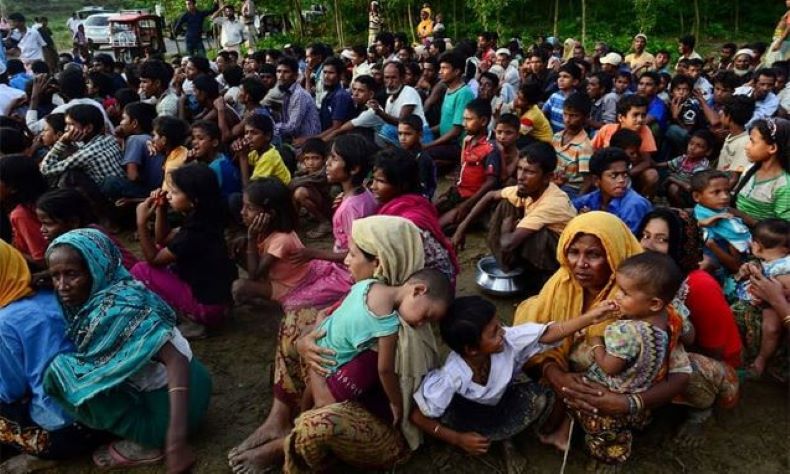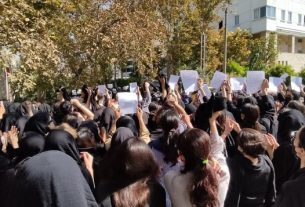Rohingya refugees in Myanmar’s densely populated refugee camps of Cox’s Bazar, are confronting the severe consequences of forced conscription by Myanmar’s Arakan Army (AA), a militant Buddhist group engaged in conflict with the military regime in Rakhine State.
Abdul Kayes, a 27-year-old Rohingya, shared his harrowing experience of abduction in April 2024 with ABC.
While preparing for morning prayers, Kayes and nine other men from his village were forcibly taken by armed AA members to a training camp. There, they were compelled to assemble firearms and participate in pro-war activities.
The ongoing civil war in Myanmar, which erupted after the February 2021 military coup, has resulted in widespread violence and resistance.
The Arakan Army, which has captured substantial territory from the military, began recruiting Rohingya in northern Rakhine in early 2023.
This recruitment is reportedly in response to the Myanmar military’s practice of conscripting Rohingya to fight against the rebels.
The Rohingya crisis has been further worsened by persistent violence and displacement.
On August 5 and 6, over 100 Rohingya, including women and children, were killed in drone strikes and shelling as they attempted to flee to Bangladesh.
Eyewitnesses report that AA soldiers targeted civilians trying to escape, worsening the already dire humanitarian situation.
Almaas Khatun and her daughter, Nur Jahan, endured a traumatic escape from Myanmar.
During their attempt, Nur Jahan was shot, and the family faced significant challenges crossing the Naf River into Bangladesh with the aid of a smuggler. Khatun’s requests for medical assistance were initially refused by a Myanmar military base.
Only after paying a bribe were they able to secure treatment in Bangladesh. Nur Jahan now requires lifelong medical care, including an urostomy and a colostomy bag.
The refugee camps in Cox’s Bazar, which shelter over a million Rohingya who have fled Myanmar in recent years, remain overcrowded and lack adequate resources.
Families are often separated, and access to basic necessities is limited.__Tribune.com





